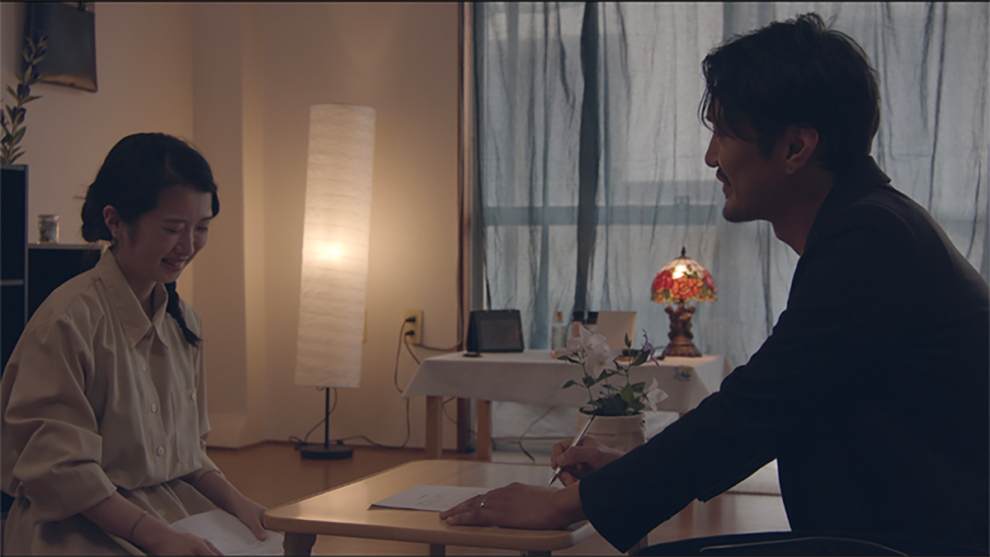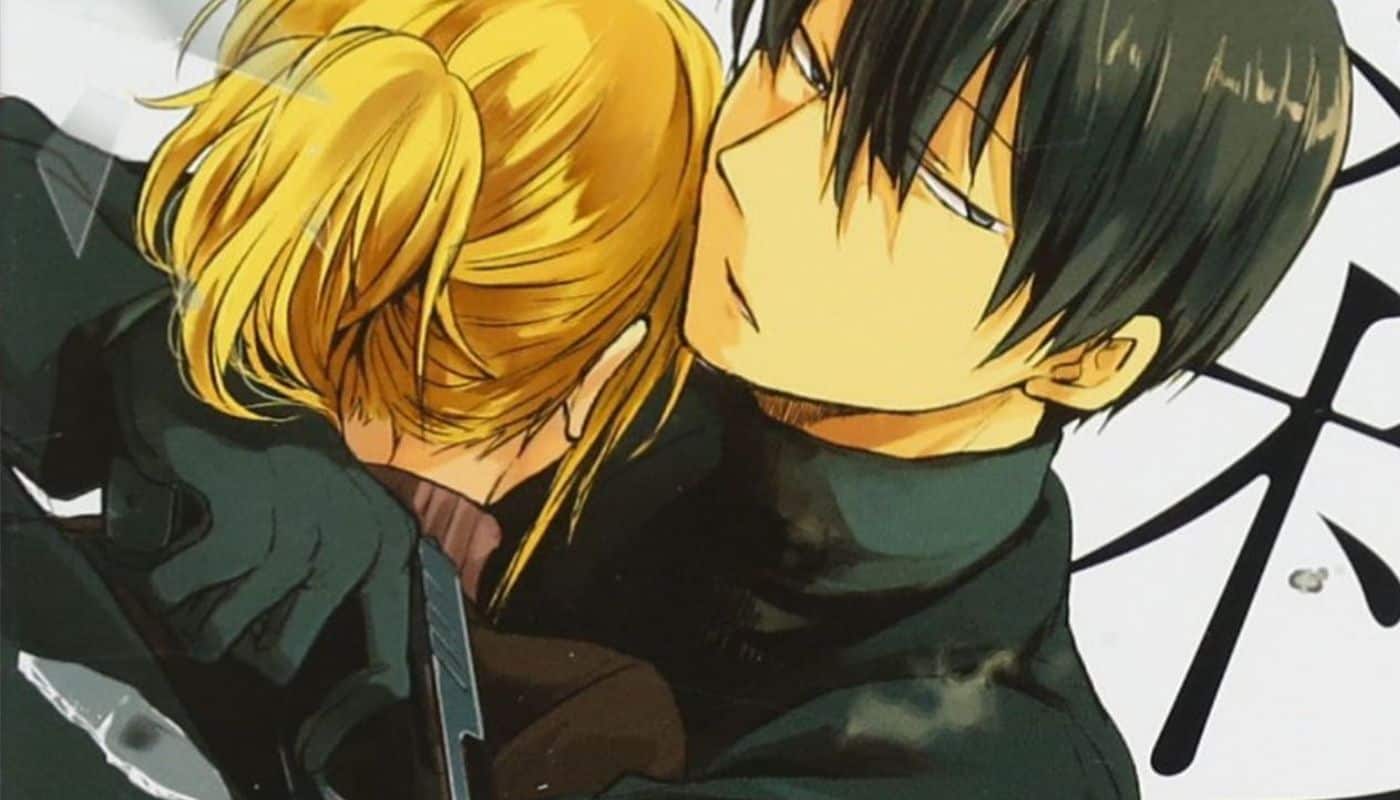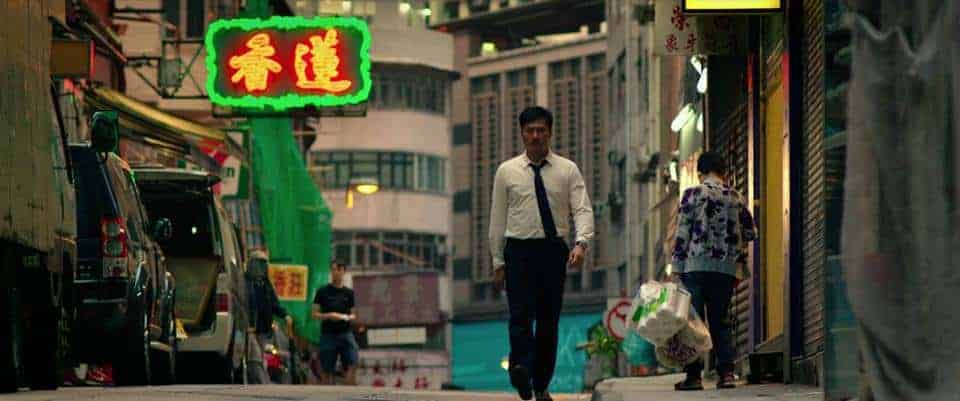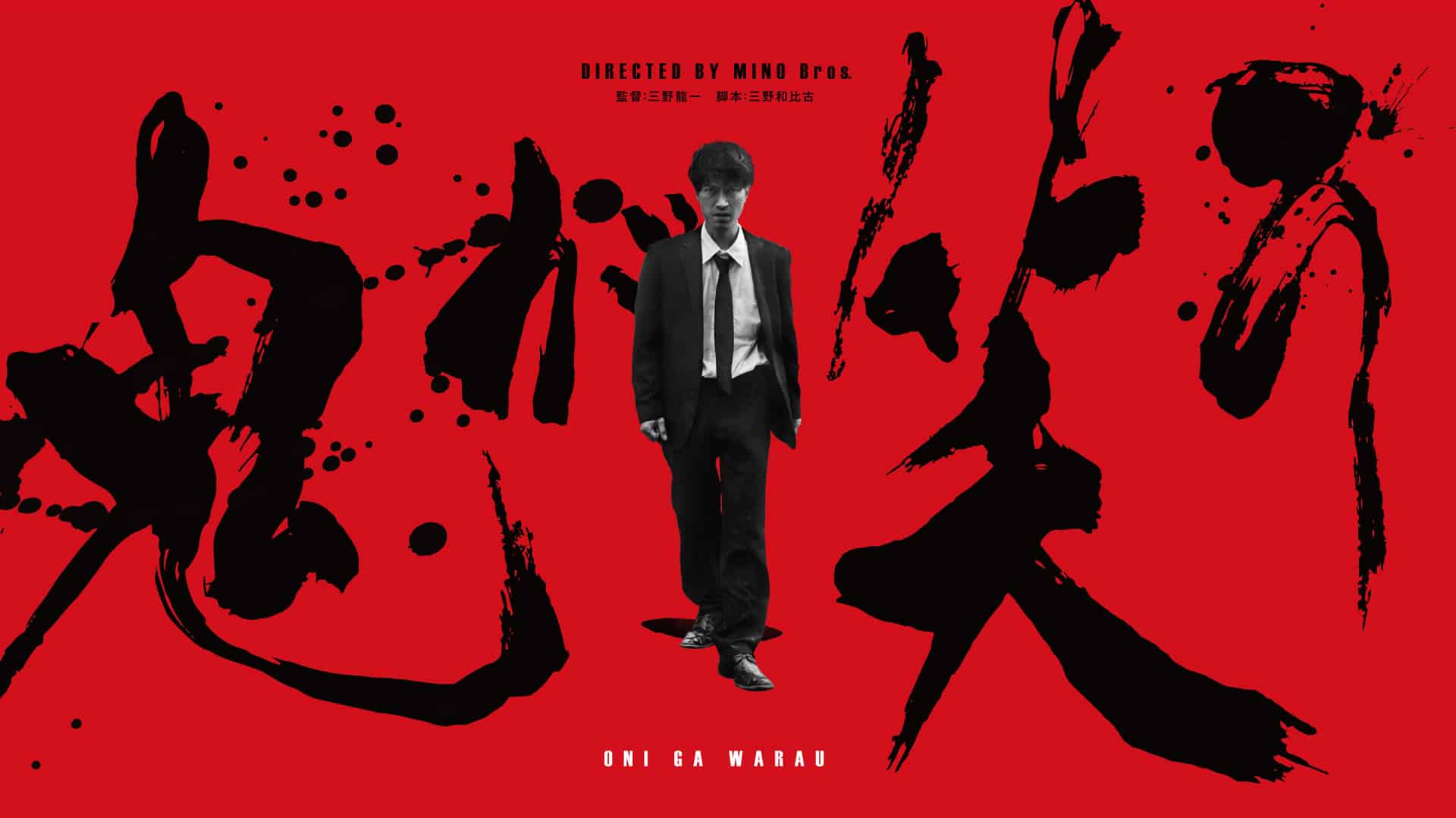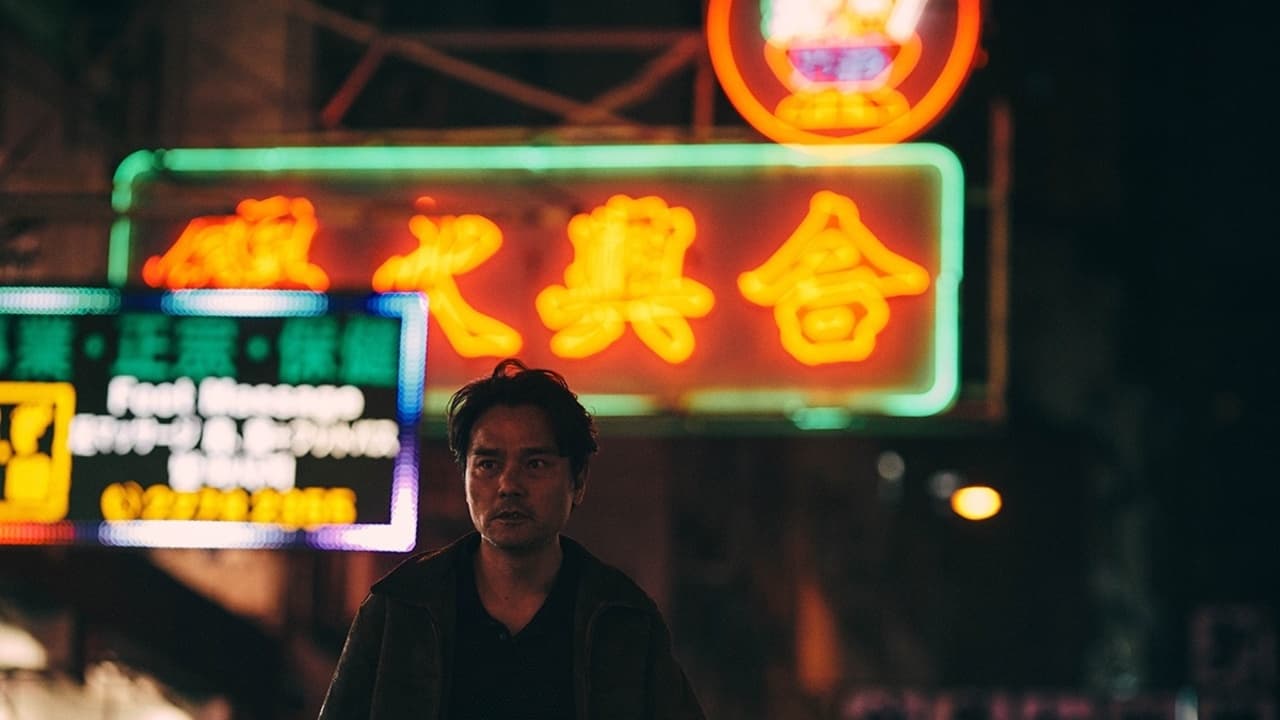Chinese director Enen Yo, Beijing Film Academy Graduated, has been working in Japan since 2018 where she self-produced her first feature film “Double Life”, now having its World Premier at Skip City International D-Cinema Festival, running in the Japanese Film Competition.
“Double Life” is screening at Skip City International D-Cinema Festival

In her recurrent dream, Shiori (Atsuko Kikuchi) is trapped in a long tunnel where she cannot see the end. She is a former contemporary dancer whose career has been abruptly terminated by a leg injury. She now works in a dance centre as an assistant to her former coach Kumiko, painfully close to what she loves most and yet so distant. When her coach organises a series of workshops for couples, called “Communicating Love” with the aim of facilitating an exchange of feelings through physical contact, Shiori is looking forward to participating with her rather uncommunicative husband Ryo (Hiromi Furukawa). Disappointingly, he drops out with a lame excuse at the very last minute, leaving Shiori pondering if he really wants to do this thing with her and, ultimately, if he is being unfaithful.
Her friend Misaki suggests her to contact a guy who provides a “rent-a-person” service, someone she has used before and can take on the role of her husband. It is an awkward fix, considering the level of intimacy required by the workshop, but Shiori is so enthralled by the experience and so in need of sharing some emotions and feelings that she decides to contact the actor and go for it. Freelance “impersonator” Junnosuke Kino (Shingo Matsuoka) is a gentle man, well-mannered and sociable, and after signing a contract and wearing a fa,ke wedding ring he is ready to act as a lovely husband and join the workshop with Shiori. After a positive and heart-warming experience at the workshop, Shiori is tempted to hire Junnosuke more and more to act as her husband and she eventually signs a long-term contract with him and rents a small apartment where they can role-play the happy couple. She seems happy and he looks so empathic and candid, but she forgets that this could all be an act. It's his job to make it feel like they are connecting, but are they really connecting? And most of all, what exactly is that Shiori is trying to achieve with this dangerous game?
Enen Yo's confident feature debut may appear as a tale of marital dissatisfaction because of its unfolding gentle romance and the odd plot device of the fill-in person. It might look to us and to Shiori that the source of her discomfort is the lack of romance and love in her life, but it is something deeper and more important. Shiori has lost her centre of gravity after the injury forced her to stop dancing – or at least dancing like she used to – and she must find it back in herself, following her body and heart. Her love for contemporary dance and the realisation that an affair is not going to take her anywhere will help her out of the tunnel.
Acceptance is a recurring issue with the film's characters. They all strive against something they cannot admit, the death of a loved one, the end of a passion, or the collapse of a dream. Ironically, the most grounded and candid character of all is Junnosuke, the “fake person”. However, although “Double Life” is permeated by a subtle sense of melancholia, it casts a deeply positive glance at life's ability to adjust itself, as long as we realise that we need to work with the problems rather than against them; we need to dance with them. In this regard, coach Kumiko is pivotal for Shiori, while Junnosuke is just a means to an end. “I'm grateful. I found myself thanks to him” she admits.
Interesting and rather bizarre for western audiences is the introduction of a rent-a-person character. Rental family and professional stand-in services are an accepted commodity in Japan, providing clients with actors who portray friends, family members, or co-workers for social events such as weddings, funerals, or just to provide platonic companionship. In “Double Life” it works rather well to guide the viewer through the discomfort that Shiori is experiencing in her everyday life and her strife to fill the hole in her heart. Struggling with mental stability can be a stigma in Japan and hiring someone who can listen to problems or even just be a mere physical presence, would be therapeutic. In fact, the detachment of the real-life Junnosuke acts as a catalyst to Shiori's awakening. In one scene, they spend a lovely afternoon playing husband and wife; he gives her a hairpin as a gift and fixes her hair with it. They dance and laugh but the reality check comes as a little shock when, at the end of the act, he diligently presents her with the invoice for the hairpin.
Contemporary dance and the film plot are inextricably intertwined, although dance only really blossoms at the end of the film, and at the end of Shiori's psychological path. Equally, the director choses to exclude music from the film, until the very end. Instead, an interesting work with sounds has been done, enhancing at times some otherwise almost imperceptible noises, like the melting of a sugar cube in a cup of coffee, or the warming sound of a sizzling hot pot, to add poignancy to the scenes. Photography is kept on the muted side of realistic, with a predominance of “greige” in the lifeless marital scenes, and a brighter light for the rare outdoor scenes. Atsuko Kikuchi is a good cast as Shiori; her small frame and old-fashioned beauty suggest fragility, but she also delivers a very believable metamorphosis.
“Double Life” successfully applies contemporary dance elements and principles, like working with what we have and finding the centre of our gravity, to the story of a withering marriage, a re-conquered passion, and a winding path to self-awareness. A delicate and yet assured debut.


